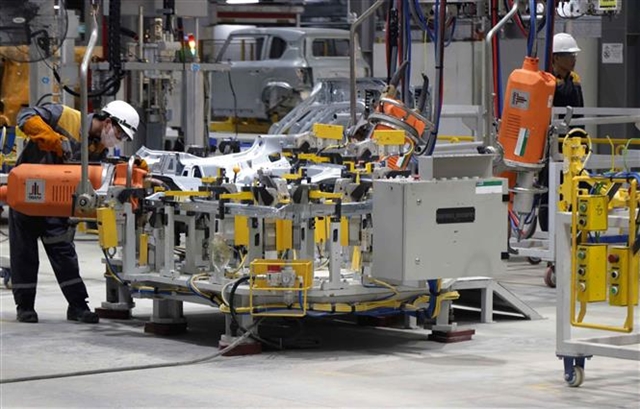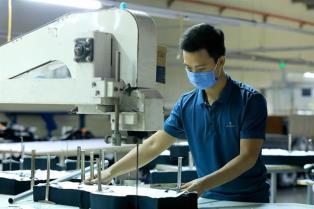The Ministry of Finance has rejected Vingroup’s proposal to exclude locally made parts from the EV tax base, saying current incentives already align with international commitments and green goals.

HÀ NỘI — The Ministry of Finance has rejected Vingroup’s proposal to exclude the value of locally made parts from the special consumption tax (SCT) on electric vehicles, saying it would violate Việt Nam’s trade commitments and undermine tax transparency and fairness.
In its proposal, Vingroup said electric vehicles (EVs) are key to cutting emissions and supporting Việt Nam’s 2050 net-zero goal, proposing a zero-per-cent SCT rate to boost local production.
It argued that the current taxable-price rule offers little incentive for domestic makers and suggested excluding the value of local components to enhance competitiveness as import tariffs decline.
The finance ministry, however, noted that the National Assembly had already approved substantial incentives for EVs under Law No 03/2022/QH15, effective from March 2022. The law sets SCT rates of 1–3 per cent on battery-powered EVs through February 2027 and 4–11 per cent thereafter, depending on seating capacity.
Other types of electric vehicles are taxed at 5–15 per cent, while petrol-powered cars face rates between 10 and 150 per cent.
Under the revised Law on Special Consumption Tax No 66/2025/QH15, which takes effect on January 1, 2026, EVs will continue to enjoy the lowest rates among vehicle categories. The ministry said this already represents the highest level of preferential treatment for the industry.
“The deduction of domestically produced parts and components from the taxable value would not comply with Việt Nam’s international commitments and global norms,” the ministry said.
It also emphasised that under current law, the taxable price for both imported and domestically manufactured cars is based on the selling price of the producer or importer, ensuring equal treatment.
The ministry further noted that no other country currently applies an SCT incentive by excluding the value of local components when calculating taxable prices for electric vehicles.
As such, the Ministry of Finance urged Vingroup to comply with existing laws and continue implementing tax incentives for electric vehicles under the schedule already approved by the National Assembly. — BIZHUB/VNS





